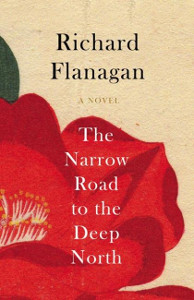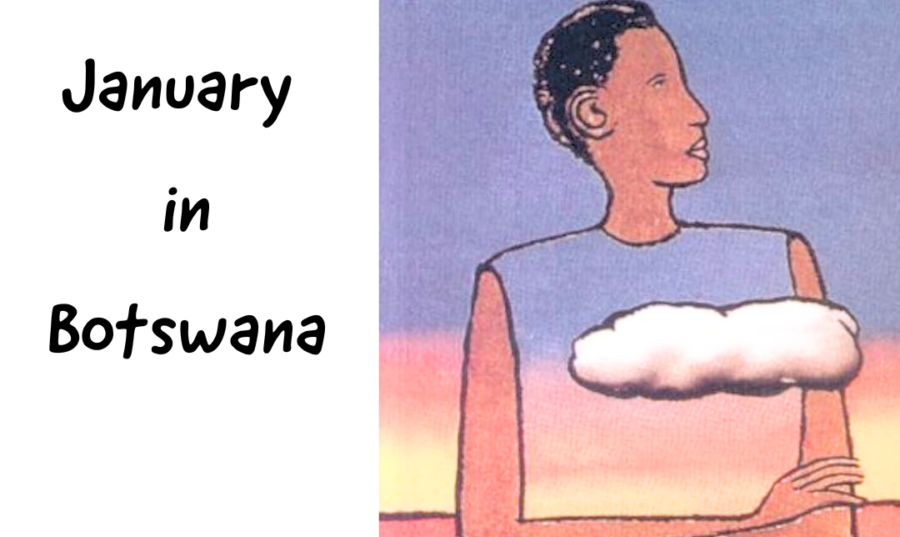There are books that remain with you long after you have read it. Hanya Yanagihara’s “A Little Life” for instance; a book whose characters remained with me like shadowy bedfellows for the next few days. Then there are books that you think should ideally linger with you because they deal with human suffering and important history. And somehow they don’t. Richard Flanagan’s “The Narrow Road to the Deep North,” won the Man Booker Prize in 2014 and speaks of the unspeakable horrors meted out to the POWs who built the Burmese Railway during WWII. Titled after an eponymous poem-rich travelogue by Basho, Flanagan’s work has incandescent language with an elemental rawness to it that is sometimes painfully stunning. Yet, I felt strangely detached even as I slowly turned the last page with no memorable character to speak of even though, ironically, it’s a book about lives, loves, and life.
This is not to say that the book should be skipped. There is history, and the sorrows that come with it, which must be read. Gaining the infamous name of “Death Railway” over time, the 415 km long train track stretched from Thailand to Burma and was built on the blood and sweat of over 180,000 prisoners. The atrocities surrounding this event form the center of the novel, which chiefly speaks through the life of Australian surgeon, Dorrigo Evans. He is the ‘Big Fella’ at the war camp who does his best to protect others in the camp from ill-treatment and disease and is honored for it later on in life. Although he is engaged to be married to Ella, he falls madly in love with Amy, his uncle’s young wife. Life lights up briefly for Evans despite being amidst starving, brutalized prisoners. But before long, things go awry and Evans is alone. In fact, that’s how he leads the rest of his life.
“He was alone in his marriage, he was alone with his children, he was alone in the operating theater, he was alone on the numerous medical, sporting, charity and veterans’ bodies on which he sat, he was alone when addressing a meeting of a thousand POWs.”
But that’s all we learn about him. That is the biggest revelation about Evans other than the fact that he is a philanderer. There is a certain elusiveness about him, an incorporeality. In fact, that’s the case with all of Flanagan’s characters. All of them seem to be shimmering outlines in the distance that can be seen but not grasped or felt. There is a set of prisoners who are brought into relief for the purpose of the story – Rooster, Sheephead, and Lizard amongst others – each with their own set of quirks, likes, and dislikes. Darky Gardiner was the most fleshed out (pun unintended) of them all. Then there are the captors, the Japanese, who are inhuman and violent. Nakamura was perhaps the most baffling of all with his volte face later on. They all have recollections from their pasts that are supposed to give them more dimension, and maybe explain why they are the way they are. But it just is not adequate to make them complete.
And what of Ella and Amy, the two important women in the novel? Well, Ella doesn’t go very far beyond gazing “cow-like” at Dorrigo while Amy shows more life in his memory than in her descriptions. The women in this book come across as nothing more than a pleasurable aberration; an evidence of Flanagan’s effort to merely include them as the spikes in Dorrigo’s otherwise emotionally-flat life. Amy has the benefit of a few more pages than Ella but that only serves to make her out as a stolid female version of Dorrigo – unhappy, unsatisfied, and searching for something that can’t be understood.
Then there’s the railway track that runs through the book connecting all these people. The lives of the POWs are described in the minutest detail possible, and it’s painful, jarring, revolting, abasing, and unbelievable all at once. Sick, starving skeletal men being beaten repeatedly for not being able to put hammer to nail, men inevitably dying of tropical diseases, men infested by lice and ringworm, trenches filled with human waste, descriptions of grisly amputations without anesthesia, and of blood spurting from severed necks. Enough to make you cry out like Kurtz. But how does a war camp function? With unending repetition. Starting with the reveille, proceeding with the digging, shitting, crawling, vomiting, scrounging for food, and finally sleeping, each day rolls seamlessly into the next. At first, you sit up straight and read every word about it. After a point, you nod your head in understanding of the familiar. By the end, you begin to skip some of it because there is only so much of the banal you can take. For that’s what the suffering becomes due to page after page of highly impressionistic narration, and that produces the obverse effect of what the book expects to achieve.
Flanagan’s writing is undoubtedly beautiful with some lines worthy of being quotable quotes.
“A happy man has no past, while an unhappy man has nothing else.”
But just like his depictions, it can also get repetitive, and even a bit contrived and incomprehensible.
“Horror can be contained within a book, given form and meaning. But in life horror has no more form than it does meaning. Horror just is. And while it reigns, it is as if there is nothing in the universe that it is not.”
I found the effortless interspersions of Japanese haiku, uplifting. One of my favorites would be the one by Kobayashi Issa –
In this world
we walk on the roof of hell
gazing at flowers
I cannot deny that I enjoyed, nay loved, reading the vivid vignettes of war, the portrayal of survivors’ guilt, and coping with the trauma of terrorizing and being terrorized. It’s just that many a time I felt the weight of the words and the weariness of it all. Is that effective writing? Am not sure. The novel begins with this word-painting of a haiku by Basho –
A bee
staggers out
of the peony
And that’s how I felt when I had finished the book.
Verdict: Must read for the history and overall language
Rating: 3.8/5
A version of my review also appears on PureM



